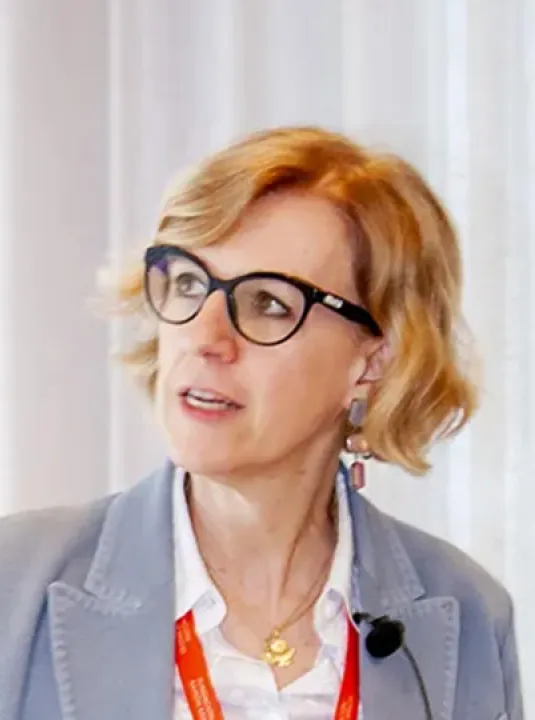
When Your Career Is Decided by Adjectives
In the academic world, where merit should count above all else, sometimes a few words are enough to change a destiny. Those written in a reference letter—outstanding, brilliant, hardworking, reliable—can influence a competition or a call much more than one might think. And if those words systematically vary according to the gender of the candidate, meritocracy risks becoming an illusion.
The study Women in economics: The role of gendered references at entry in the profession by Alessandra Casarico (Bocconi University), Audinga Baltrunaitė, and Lucia Rizzica (Bank of Italy), published in the European Economic Review, attempted to measure this asymmetry. The researchers collected 25,000 reference letters written over a ten-year period for more than 8,000 candidates for academic or research positions in economics and finance, and analyzed them using Natural Language Processing techniques, artificial intelligence applied to language.
The goal: to identify recurring linguistic patterns and verify whether the way teachers describe their students varies according to gender. The result is unequivocal: men are more often described as “standouts” — brilliant, ingenious, out of the ordinary — while women are described as “grindstones,” i.e., diligent, reliable, tireless.
“Female economists are presented as tenacious and precise, while their male colleagues are described as brilliant and naturally talented,” explains Alessandra Casarico, director of Bocconi's Social Inclusion Lab. “It's not a question of style: the language used in letters sends signals that can have a significant impact on professional opportunities.”
The bias, the authors point out, is concentrated among senior men, who tend to use more stereotypical language, while their female colleagues write in a more neutral style. But letters written by women remain in the minority: just 15% of the total.
And the words don't stay on paper. The data show that those described as “more standout” are more likely to get a place at a top university. Conversely, being labeled a grindstone reduces the likelihood of success.
These effects do not end with the first job: those who have been described as brilliant tend to publish more and advance more quickly in their careers.
“Words matter, and they leave traces,” Casarico points out. “We have verified that recognized brilliance opens doors, while the reputation of being merely reliable hinders people, especially women.”
The differences remain even after controlling for scientific quality, university of origin, and publications. For female researchers, the most consistent explanation is the presence of implicit biases, unconscious stereotypes that influence judgment:
“Explicit discrimination is less acceptable today, but there remain automatic associations that link genius to masculinity and diligence to femininity.”
The study also proposes solutions: standard reference forms, objective evaluation grids, and greater awareness of the linguistic mechanisms that fuel inequality.
“It's not about censoring language,” concludes Casarico, “but about remembering that every adjective can strengthen or weaken a career. And that excellence has no gender.”
In academia, as in all other jobs, this research reminds us that words do not just describe reality: they make it.
